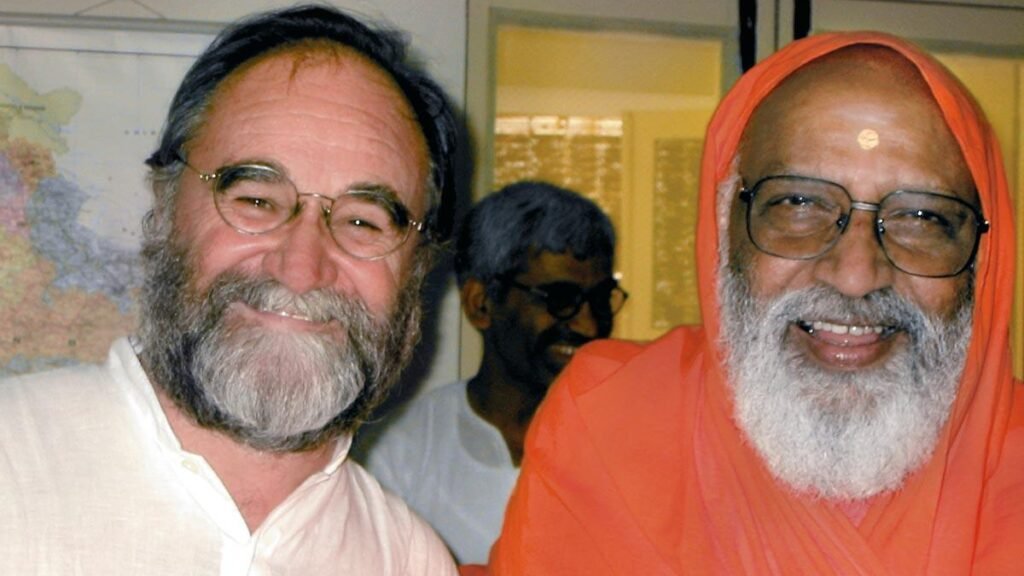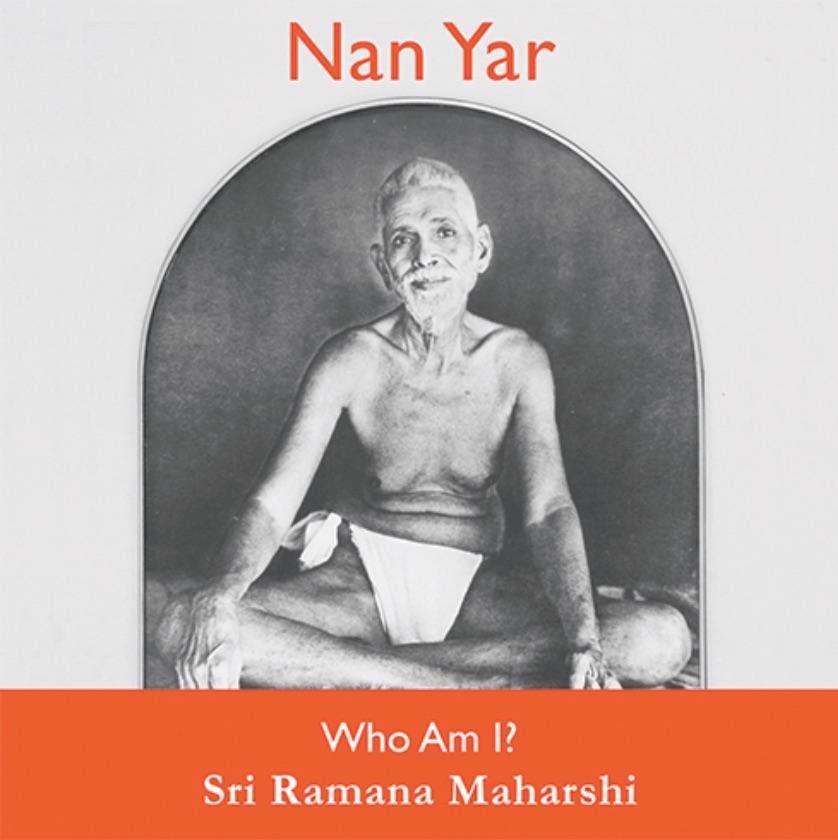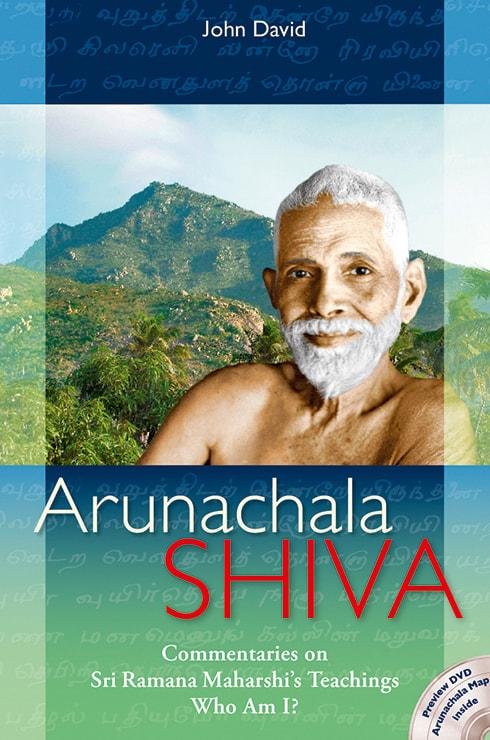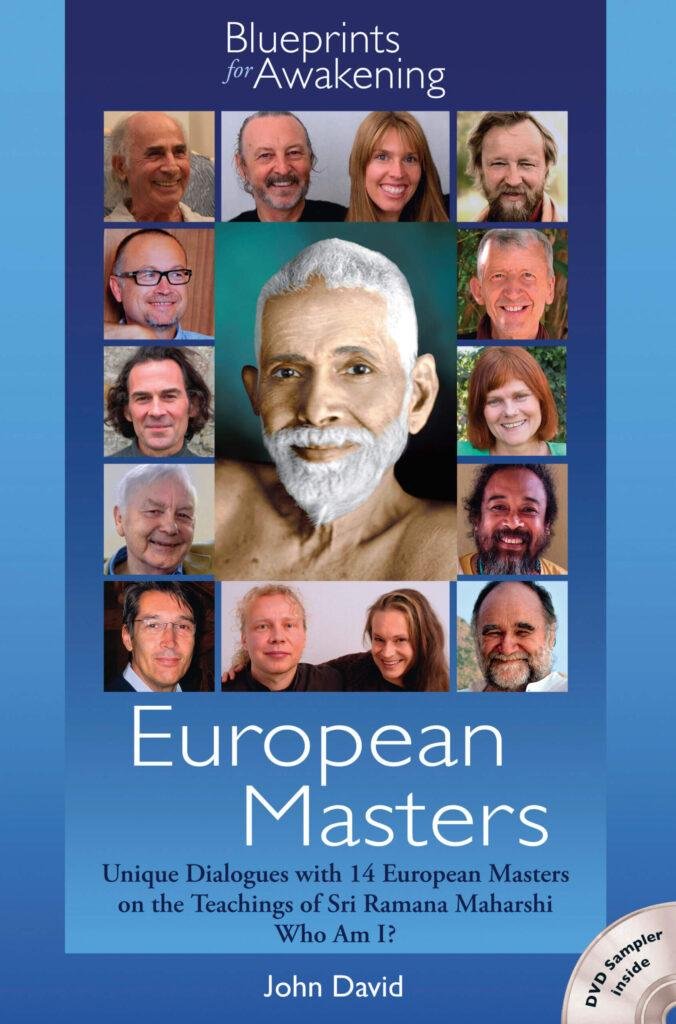Swami Dayananda
The guru is one who makes you see that you are not any different from him.
– Swami Dayananda
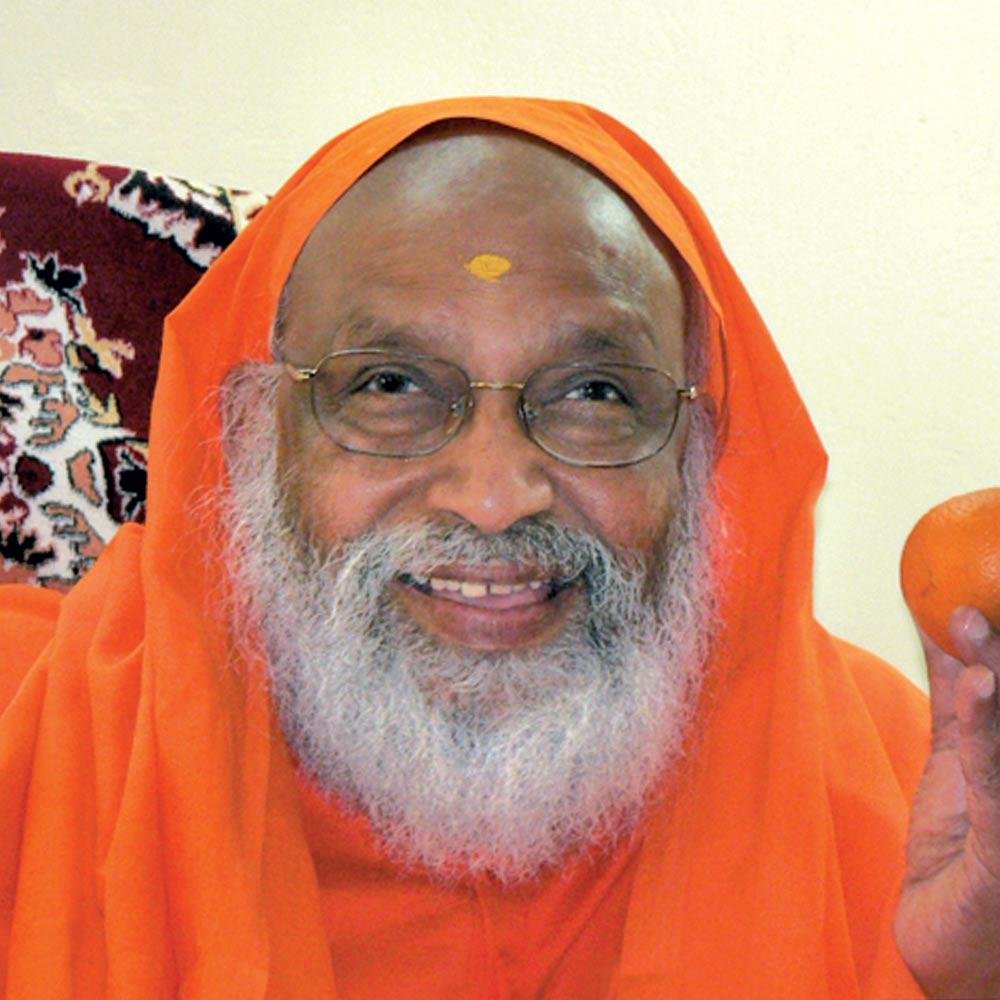
Full Interview with Swami Dayananda by John David
Swami Dayananda Saraswati has been teaching Vedanta in India for more than four decades, and around the world since 1976. In his public talks abroad, Swamiji has spoken at many of the most prestigious American universities and has addressed international conventions, UNESCO and the United Nations where he participated in the Millennium Peace Summit. He has large teaching ashrams in North and South India and in the USA.
– John David
Questions and Answers
Sri Ramana proposed the fundamental question, ‘Who am I?’* Who are you?
Many Western seekers come to India looking for enlightenment as if it is an experience. What is enlightenment?
Are there any qualifications for enlightenment? Is sadhana (spiritual practice) necessary? If yes, what form do you advise?
Sri Ramana said that Self-enquiry is the most direct route to realising the Self. What do you say about Self-enquiry? How to conduct Self-enquiry?
When Sri Ramana was asked, ‘When will the realisation of the Self be gained?’ he replied, ‘When the world which is what-is-seen has been removed, there will be realisation of the Self which is the seer.’* What is the true understanding of the world? How to remove the world?
It has been suggested that the mind must be destroyed for liberation to occur. Do you have a mind? Sri Ramana used the term manonasha to describe the state of liberation, meaning destroyed mind. How to destroy the mind?
What about vasanas, the tendencies of the mind? Must these be removed before Self-realisation can become permanent? Is it enough to achieve asattvic (calm and peaceful) state of mind and to know one’s vasanas so that they no longer bind? How to remove the vasanas?
At the end of his book, Self-Enquiry, Sri Ramana says, ‘He who is thus endowed with a mind that has become subtle, and who has the experience of the Self is called a jivanmukta.’ Is this the state that can be called Self- realised?
He goes on, ‘And when one is immersed in the ocean of bliss and has become one with it without any differentiated existence, one is called a videhamukta. It is the state of videhamukti that is referred to as the transcendent turiya (state). This is the final goal.’ Is this the state that can be called enlightenment?
It appears essential to meet a guru and stay with that guru. Who is the guru? What is the guru’s role? How to recognise a true guru?
Sri Ramana’s devotees had tremendous devotion to him, and he to Arunachala. Please say something about bhakti, devotion, in the pursuit of awakening.
Seekers often have curious ideas about the enlightened state. Please describe your typical day and how you perceive the world.
You have given us a profound discourse on awakening. When you meet a passion for awakening, what would your short advice be?
Swami Dayananda's teachings
Self-Inquiry and the Question “Who am I?”:
Swami Dayananda emphasizes the fundamental question of self-inquiry:
“Who am I?” This question delves into understanding one’s true self beyond physical and psychological identities. He points out that many of our emotions and experiences are rooted in unconscious factors, and exploring these can lead to greater self-awareness.
Human Pursuits: Artha, Kama, Dharma, and Moksha:
In Indian culture, there are four primary human pursuits: artha (security and wealth), kama (pleasure), dharma (righteous living), and moksha (liberation). Swami Dayananda explains that while artha and kama are common pursuits, adhering to dharma is crucial for righteous living and ultimately achieving moksha, or liberation.
Role of a Guru:
The guru plays a crucial role in guiding an individual towards self-knowledge. A true guru is one who can make the disciple see that they are not different from the guru. Swami Dayananda stresses the importance of finding a knowledgeable and traditional teacher who can provide the right methodology for teaching Vedanta.
Self-Knowledge and Vedanta:
Vedanta, the end of knowledge, is about realizing the self as the infinite. Swami Dayananda explains that self-knowledge is not about acquiring new information but about removing the ignorance that veils one’s true nature. This knowledge reveals the self as the whole, where the subject and object are one.
Practical Application and Living:
Swami Dayananda advocates for living with objectivity and without projected values or judgments. He advises practicing alertness and discipline in daily activities and stresses the importance of controlling speech and actions to maintain clarity and focus.
Sadhana (Spiritual Practice):
Spiritual practice, or sadhana, is essential for preparing the mind for self-knowledge. This involves disciplines such as viveka (discrimination), vairagya (renunciation), shradda (faith), and patience. Sadhana helps in reducing unnecessary thoughts and activities, thereby aiding in the pursuit of enlightenment.
appears in
Blueprints for Awakening – Indian Masters
Indian Spiritual Masters
John David has been interviewing sixteen important Indian Spiritual Masters. The result is a compendium of astonishing wisdom about the biggest secret of all times: the Nature of our True Self and how to realise it.
This boock answers all questions of the spiritual search and is for everyone who has an inner passion to find out who they are.
Published in two volumes.
Ajja is part of Volume II.
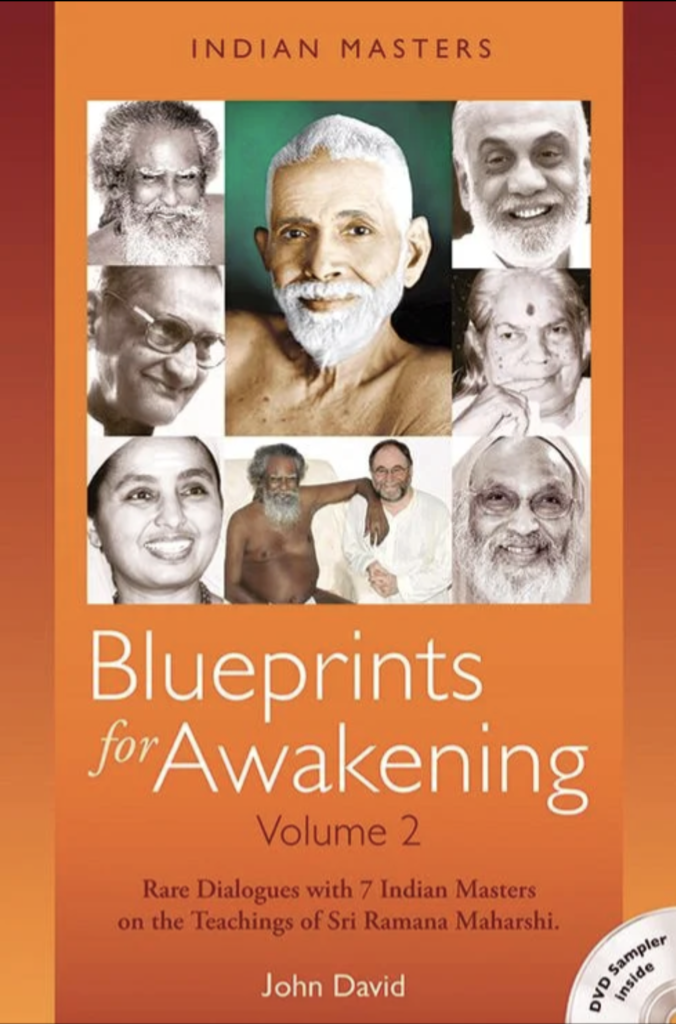
Other Ramana Maharshi Books
NEW: Aham Sphurana – A Glimpse of Self Realisation
Fascinating dialogues and stories of Sri Ramana Maharshi recorded by Sri Gajapathi Aiyyer in the summer 1936, at Ramana Ashram.
This book contains a selection from the complete manuscript Aham Sphurana. This selection, a brilliant treasure, speaks for itself. Beside the detailed teachings on Self-Enquiry, Surrender and Jnana, it exposes a new glimpse of Bhagavan’s personal day-to-day life at fifty-six, in his middle age.
The Book is available in English and German, as Ebook and Paperback.
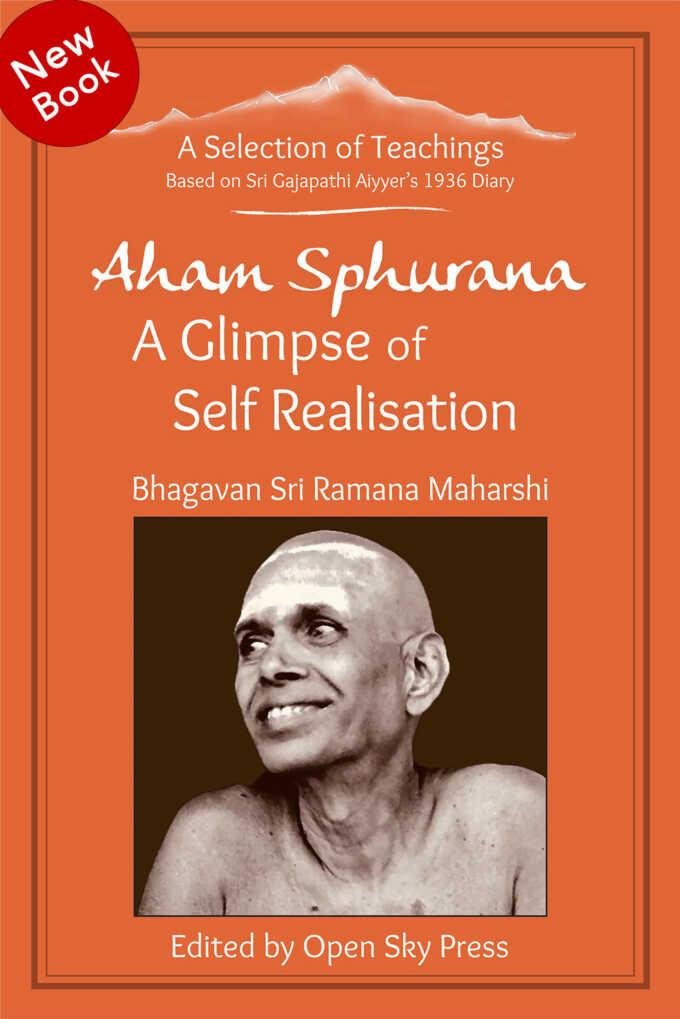
Biography
Swami Dayananda Saraswati, a prominent teacher of Vedanta, was born in Village Manjakkudi, Thiruvarur District, Tamil Nadu, India. He became a world-renowned teacher of Vedanta, teaching this philosophical system both in India and abroad for over five decades. His unique approach combined deep scholarship with a subtle understanding of contemporary issues, making him a revered teacher among both traditional and modern students.
Swami Dayananda Saraswati is credited with teaching many in-depth Vedanta courses in India and a couple in the United States, each spanning 30 to 36 months. His instruction has produced numerous full-fledged teachers of Vedanta, who continue to share this wisdom globally. He founded several centers for Vedanta teaching, including three main institutes in India at Rishikesh, Coimbatore, and Nagpur, and one in the U.S. at Saylorsburg, Pennsylvania.
Additionally, Swami Dayananda established various institutions in service to India, focusing on education, cultural preservation, and temple traditions. One of his most significant contributions was the establishment of the All India Movement for Seva in 2000, which received consultative status with ECOSOC by the United Nations in 2005. This organization primarily serves remote areas in India in education and healthcare.
Swami Dayananda’s international presence included participation in numerous global forums, such as the United Nations gathering of NGOs, the UNESCO Seoul Global Convention, and the Millennium World Peace Summit. He also engaged in interfaith dialogues, including Hindu-Christian dialogues with the World Council of Churches and Hindu-Jewish Leadership Summits.
Swami Dayananda Saraswati attained mahasamadhi on September 23, 2015, at Swami Dayananda Ashram in Rishikesh. His legacy continues to influence and inspire spiritual seekers and scholars around the world.
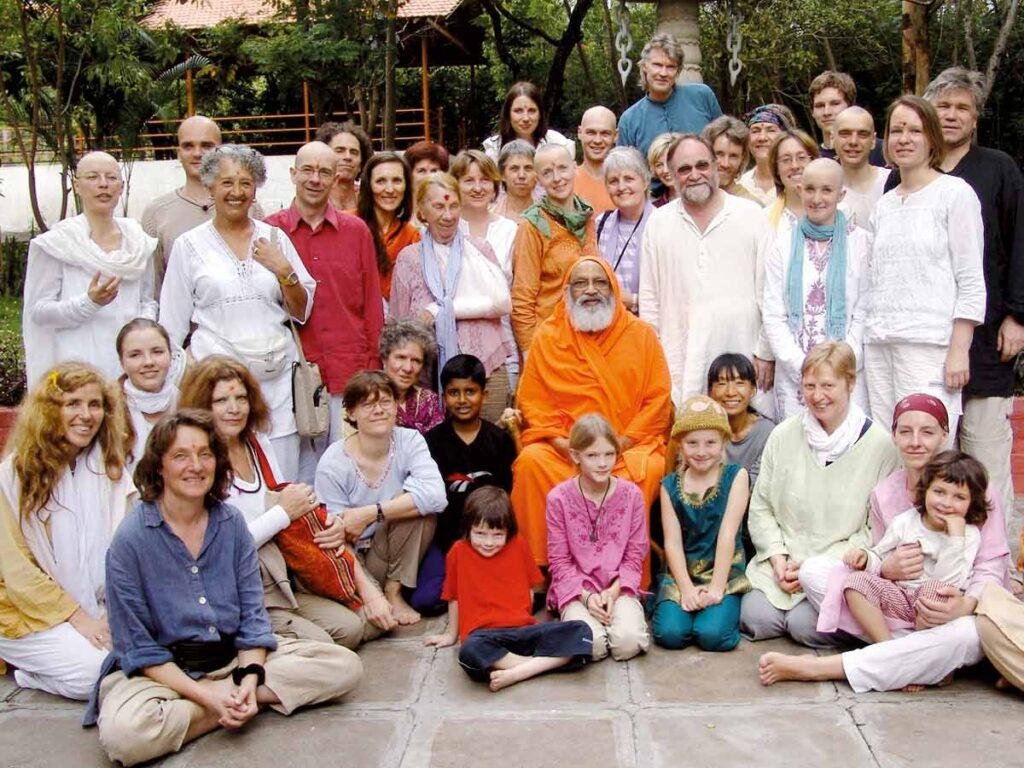
If the mind is momentary why do you want to control it? Who will control it? The controller is also momentary. The whole thing is wrong thinking.You are Self-evident. You exist. If your existence is to be arrived at, then to whom is it to become evident?
The existence of the Self is evident to the Self.
– Swami Dayananda
